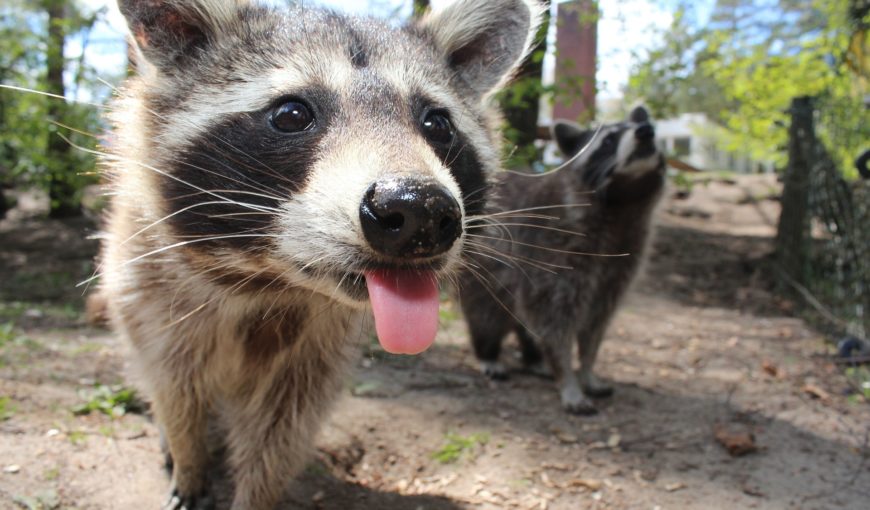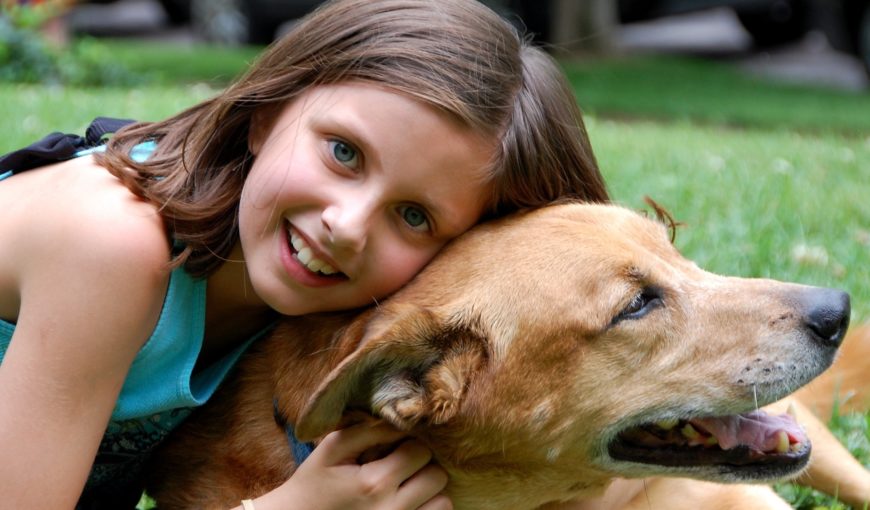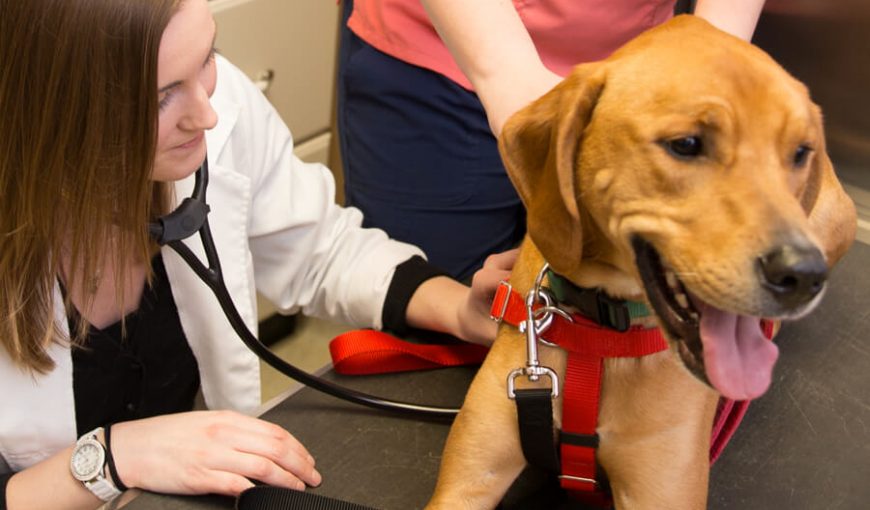Recent News
Support Dr. Kandefer in the Ride for Roswell!

🚴♀️ Support Dr. Kandefer in the Ride for Roswell! 💙 We’re proud to share that one of our very own veterinarians, Dr. Kandefer, will be riding in this year’s Ride for Roswell—a powerful event that raises funds for cutting-edge cancer research and patient care at Roswell Park Comprehensive Cancer Center. He will be participating in […]
READ MOREHelping Fireworks Phobias

Dogs who react to fireworks can experience serious distress. They can exhibit behaviors as mild as panting, pacing and whining. Some dogs become upset enough to tremble, drool, bark, howl, or hide. Still others can become so terrified that they desperately attempt to escape from the house and will even urinate and defecate indoors from […]
READ MORELyme Disease in Dogs

Dogs get Lyme disease after being bitten by a tick in the genus Ixodes. In the Northeastern United States, Ixodes scapularis is the most common tick to transmit Lyme Disease. When a tick feeds on an animal that has Lyme Disease, the bacteria travel to the tick’s gut where they stay until the tick feeds […]
READ MORELeptospirosis

Leptospirosis is a zoonotic disease, which means it can be spread from animals to people. In the United States, most cases of human Leptospirosis result from recreational activities involving water but transmission from contact with an infected pet is possible. The bacteria that cause Leptospirosis can be found in both soil and water. Leptospirosis is […]
READ MOREProtect Your Pets, and Yourself, From Rabies

Rabies is a viral disease that causes acute inflammation of the brain in humans and other warm-blooded animals. Early symptoms can include fever and tingling at the site of exposure. These are followed by one or more of the following: violent movements, uncontrolled excitement, fear of water, an inability to move parts of the body, […]
READ MOREThe Canine Distemper Vaccine

The Canine Distemper vaccine, which is abbreviated to DA2PP, protects against four deadly diseases, only one of which is called “distemper”. The “D” in DA2PP stands for Distemper. Canine Distemper has NOTHING at all to do with a dog’s behavior or temperament. Getting the vaccine will not keep a dog calm or stop it from […]
READ MOREPeople, Pets and Zoonosis

Rabies. Lyme Disease. Rocky Mountain Spotted Fever. Salmonella. Psittacosis. West Nile Virus. Zika Virus. Hookworm. Toxoplasmosis. Ringworm. Scabies. Mad Cow Disease. Giardia. Roundworm. Cat Scratch Disease. These are all serious illnesses, caused by many different pathogens. Some are viruses, some are caused by bacteria. Others are parasites, one is a misfolded protein known as a […]
READ MOREOverheating and Heatstroke

As ambient temperatures approach body temperature, animals have a very difficult time keeping cool, especially dogs, which can only lose body heat through panting. Panting moves cool air around the body and nasal passages. A normal respiratory rate for a dog is between 20-30 breaths per minute, but when panting a dog may breathe 200-400 […]
READ MORECats and Hairballs

Cats are known for vomiting hairballs, which is more common in long-haired breeds of cat, and tend to be the same color as the cat’s fur. Known medically as a trichobezoar, hairballs are seldom round. As the hair passes from the stomach through the esophagus, the hair takes on a sausage shape. Many people mistake […]
READ MORELost Dogs

Prevention is best to keep your dog home and safe. Try to prevent escapes by ensuring that fences and gates are secured and in good repair. Dogs can squirm out of gaps in fences, open loose gates, will dig under a fence. Some very small dogs can fit between gateposts even when the gate is […]
READ MOREHeartworm Prevention is Needed All Year Long

Heartworm is a chronic, insidious, deadly disease that causes damage to the entire cardiovascular system. Vessels are damaged very early on, before the infection is even detected in a test, and the longer those worms live in the vessels of the heart and lungs, the worse the damage becomes. Adult heartworms can grow to be […]
READ MOREEverything You Need to Know About Heartworms

Heartworm disease is a serious and potentially fatal disease in pets in the United States and many other parts of the world. It is caused by foot-long worms (heartworms) that live in the heart, lungs and associated blood vessels of affected pets, causing severe lung disease, heart failure and damage to other organs in the […]
READ MORE